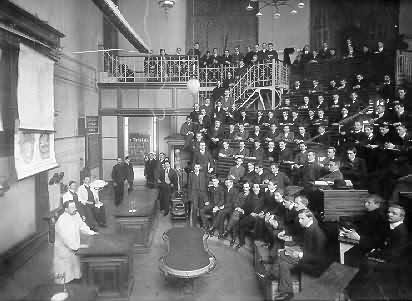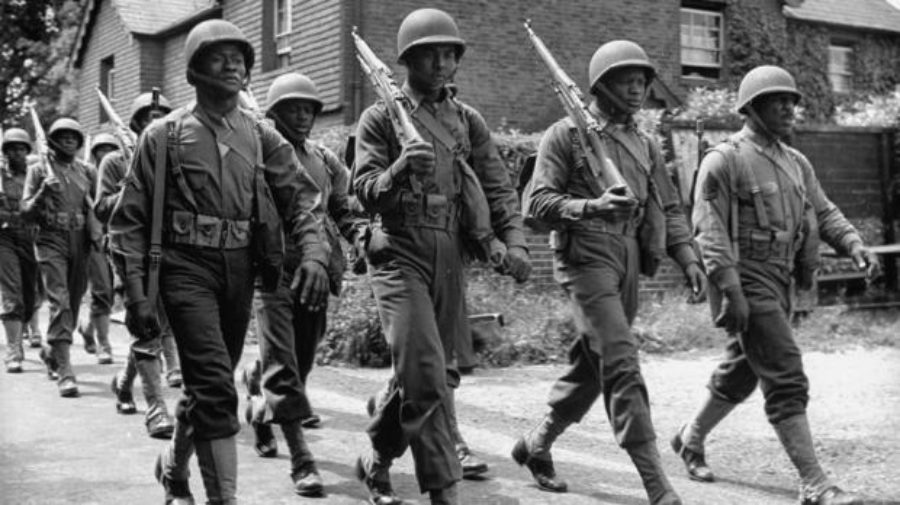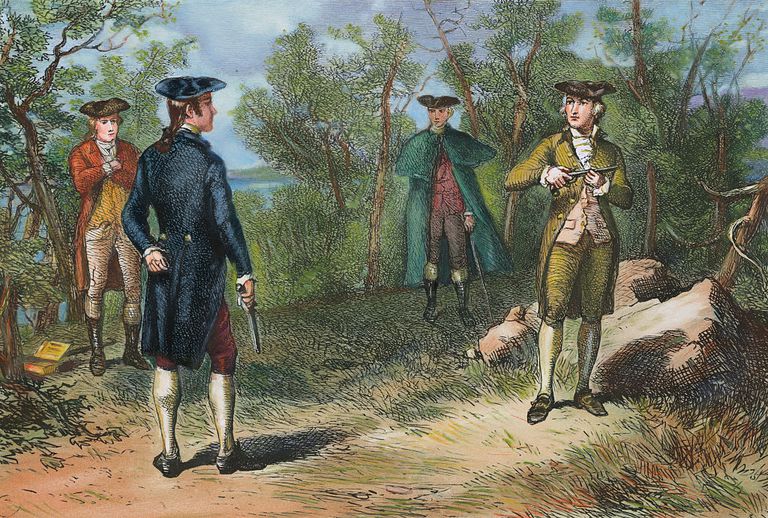
I was mostly tired in medical school, not inspired. But I remember one small part of just one of hundreds of lectures and it has stuck with me to this day.
It was the mid 1980’s and Medicare had instituted a plan to control costs in hospitals. The lecturer spoke at length about how health care costs were rising way too fast (forty years ago!) and at one point he paused and looked out at us, the next generation of MD’s for the Pacific Northwest. “You guys can change this,” he said. “Well-trained, hard-working, smart doctors will change this cost growth. We must.” I was inspired.
I resolved to only prescribe medications that offered benefit, only order tests that would benefit outcomes. It’s all in the evidence, and if you know the evidence and make decisions so based, the waste in health care will decrease, right?
Fast forward to a middle-aged Family Doc practicing in a small Idaho town. A retired engineer comes to me for a physical and asks me to order a “stress treadmill test”. He had a heart attack with bypass surgery some ten years before and he wanted to “make sure everything was OK”.
He walked daily, up and down hills, had no symptoms, no chest pain, no ankle swelling, no shortness of breath. He was doing great, just worried.
I explained the best I could to him that a treadmill test was a waste of time, and money. Because of his heart attack, he had an abnormal EKG, so interpreting the treadmill was impossible. If he had any symptoms we should do a different test, but without symptoms, no screening test was indicated at this time.
He was not happy, and the evidence I presented did not comfort him. I failed to gain his confidence. Upon reflection, I also probably didn’t listen well to his concerns, his worry. And that was the symptom I should have addressed.
So, he found a different doctor who would order the test (and charge for it).
That doctor was a partner of mine and he came to me after the test. “Dan, you were right not to order that test,” he said. “But he really wanted it so I did it.” So, I lost a patient, my partner gained one, and the world kept turning.
I think of how we are all talking about the testing, the treatments, the public interventions in response to our current pandemic with Covid 19. Everybody wants a test, but they are fraught with inaccuracy. Our President touts a miracle cure, but there is no evidence to support it. We want to know who is immune, but the research hasn’t been done to show how, or if our bodies’ immune system responds to this virus. We don’t have the knowledge. It’s a great time for opportunists and grifters.
Heart disease (decreased blood flow to heart muscle) was the big killer 50 years ago, and it still is. The research on treatments and prevention had a lot of time to come up with the evidence we needed to make the best recommendations for public health. And believe it or not, we made some headway. But health care costs sure kept climbing.
But most of us aren’t thinking about “public health”, we are thinking about our own mortality, and the health and welfare of the ones we love. Cost is not the concern right now. Not for Congress and our President who just had the treasury print a few trillion dollars. Did you get your check?
We should all listen better to the worries voiced by our neighbors. For those worried about paying rent or buying groceries, printing money and sending checks provides some short-term ease. For those worried about their loss of freedom and independence, maybe giving them a wide berth would provide them comfort. For those worried about their mortality, we might have to share some spiritual strength, if we have any to spare.






